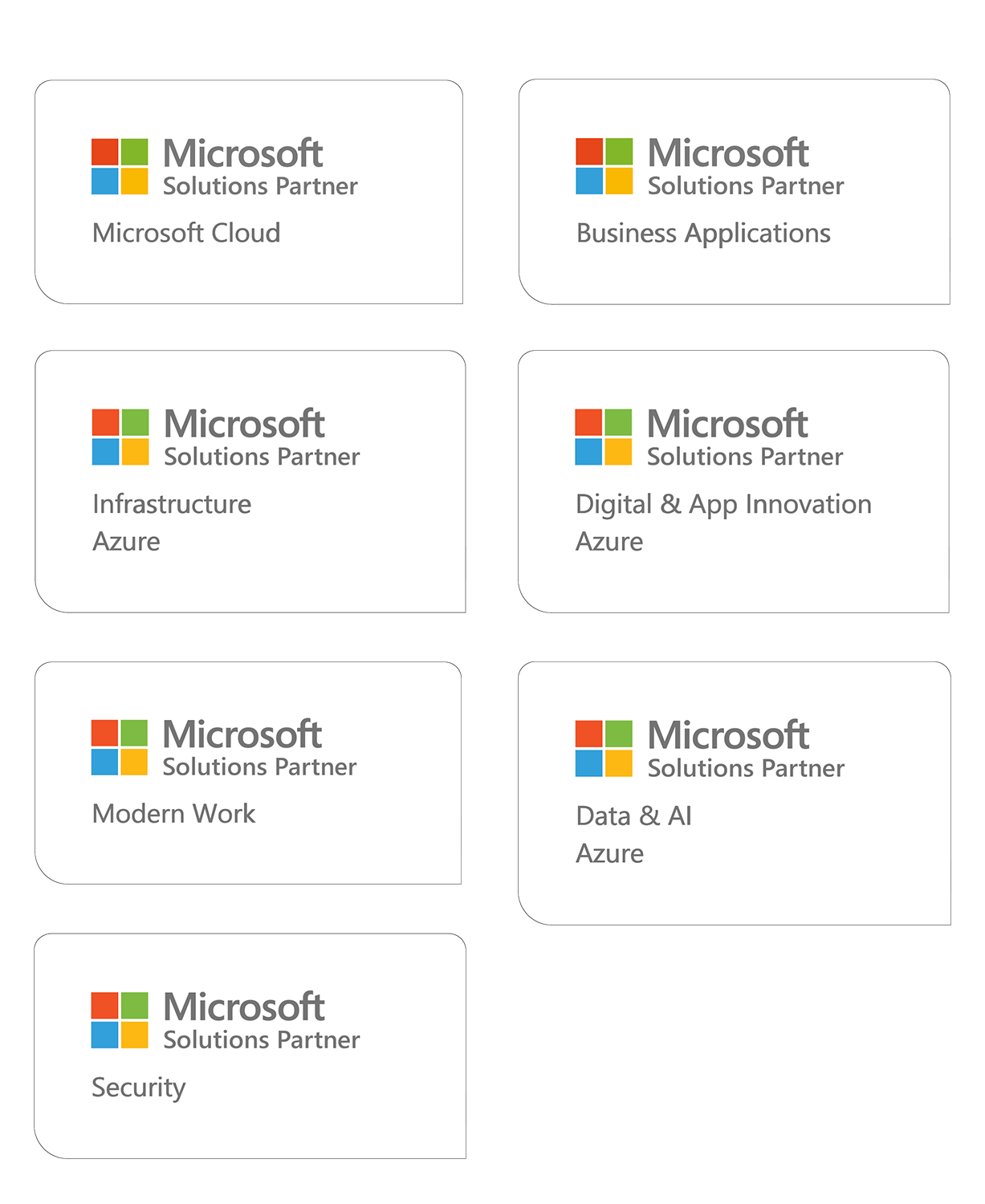Why it’s time to talk with your IT guy about Windows Servers
Like the wiring in your office, your Windows Server 2008 is one of those technologies you probably take for granted. However, despite being practically invisible — mundane even — it’s crucially important. But, let’s face the facts: when it comes to servers, most execs don’t really think twice about them until it affects their business. Well, that time is now.
As you can tell by the name, Windows Server 2008 has now been around for over a decade. It’s for exactly this reason that Microsoft have taken such good care of it with dozens of new features in areas such as security, business intelligence, data warehousing and advanced analytics. Nonetheless, there’s only so much you can do with legacy tech and Microsoft is now fully dedicating itself to its award-winning cloud-based platform Azure.
How will this affect my business?
This means Microsoft is ending its support for Windows Server 2008 on January 14, 2020. For Microsoft SQL Server 2008 the end-of-support date is even earlier, on July 9, 2019. Even though both server solutions will continue to function, Microsoft will no longer release security updates. If you want to know the consequences specifically for your business, you should speak to your IT department. But one thing is certain: without regular updates, your business has an increasing chance of being exposed to security attacks. Then there’s the possibility of failing to comply with regulations like GDPR, and the ever-increasing chance of your IT simply failing to function. While this might sound like a business challenge to be very concerned about, there are, happily, many pluses.
So, what are the upsides?
Firstly, this provides the impetus to modernize the way you do IT. Typically most businesses don’t fix this until it’s broken. Yet maintaining legacy tech can get very expensive very quickly. Now you have the reason you need to better future proof your business-critical systems before it’s too late. Upgrading today means long-term cash savings tomorrow, too. What’s more, if you modernize with Azure, your business will benefit in a whole host of other ways.
You’ve probably heard the name Azure, but you might not be familiar with the ins and outs. Azure is a cloud platform designed for the modern business, which enables you to build, deploy, and manage applications by leveraging the power of Microsoft’s global network of data centers.
This saves infrastructure costs while reducing the hardware and maintenance burdens for your IT department. What’s more, Azure’s pay-as-you go pricing and scalability means you simply pay for what you need and still have access to enterprise level computing and storage via virtual machines. Add to that the fact that Azure means data, files, and entire machines traditionally hosted on-site are available — both off-site and on mobile devices — and it’s easy to see why an estimated 80% of Fortune 500 companies are big fans.
How do I get this situation fixed?
Happily, it’s not just that the replacement for your Windows Server is going to make your business more efficient and more cost effective. Microsoft wants to make your upgrade as straightforward as possible and are helping with the process. One way they’re doing this is by offering savings of as much as 85% if you commit to migrating to Azure by a certain date. So, where do we come in? Well, as a Microsoft Gold Partner, we’ve got years of experience working on projects just like this. If you want to turn this business challenge into a business win, we’re here to help. But don’t take our word for it. Go and have a chat with your IT guy about server software and hear what he has to say. We’re confident he’ll thank you for asking and us for lending a hand.
Check out our other, more technical blog about Windows Server 2008 or send it directly to your IT guy!
This blogpost was updated on Feb 2, 2019: the end-of-support date for Microsoft SQL Server 2008 was added.



